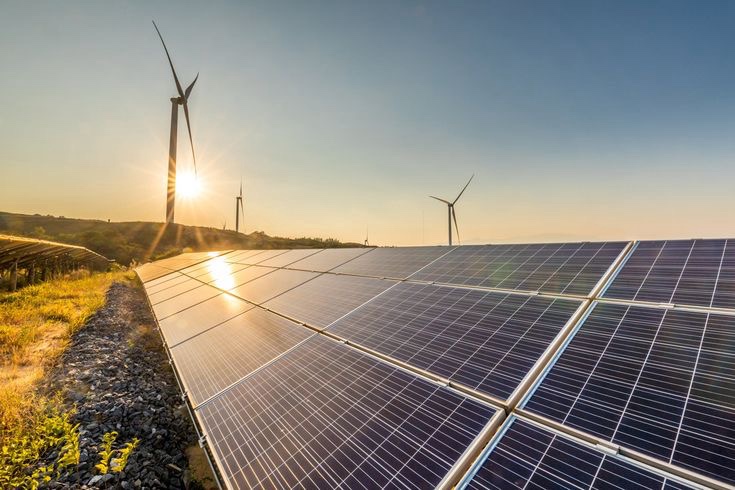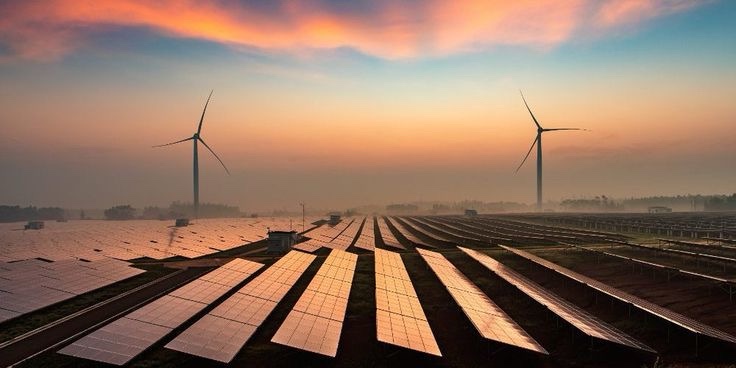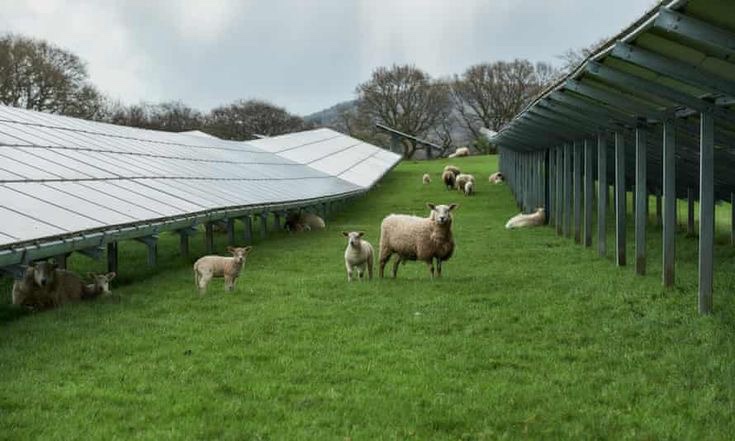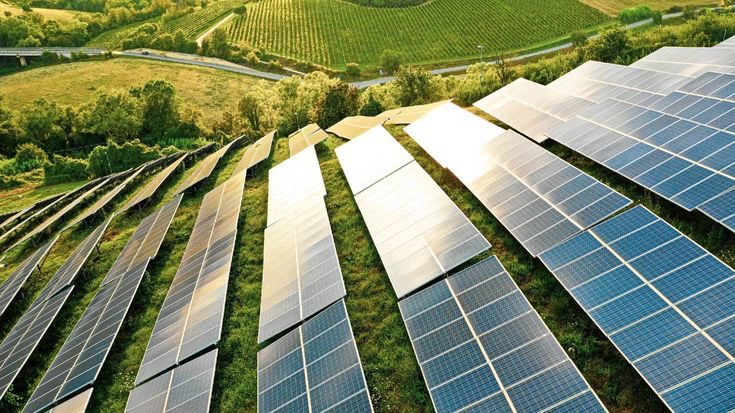The Rise of Solar Energy in the UK: Powering a Brighter Future
The UK’s Solar Energy Landscape
The United Kingdom has been steadily embracing the potential of solar energy in recent years, becoming a significant player in the global renewable energy revolution. According to the latest data from the Department for Business, Energy & Industrial Strategy (BEIS), the UK’s installed solar photovoltaic (PV) capacity reached 14.5 gigawatts (GW) as of 2022, a significant increase from just 2.8 GW in 2012.
Solar PV Deployment: A Steady Climb

The growth of solar PV in the UK has been driven by a combination of supportive government policies, falling technology costs, and increasing public awareness and demand for clean energy solutions. The country has seen a steady increase in both large-scale, utility-owned solar farms and smaller, rooftop-mounted PV systems installed by homeowners and businesses.
Regional Variations in Solar Deployment
While solar energy deployment has been observed across the UK, there are notable regional variations in the distribution of installed capacity. The South West and South East regions of England, with their favorable solar irradiation levels, have emerged as the leading hubs for solar PV installations, accounting for a significant portion of the country’s total installed capacity.
Policy and Regulatory Frameworks
The UK’s solar energy development has been shaped by a comprehensive policy and regulatory landscape, which has evolved over the past decade to support the growth of this renewable energy sector.
The Renewable Energy Directive and the Climate Change Act

The UK’s solar energy policies are largely influenced by the European Union’s Renewable Energy Directive, which sets a target of at least 32% of the EU’s energy consumption to come from renewable sources by 2030. Additionally, the UK’s Climate Change Act of 2008 has been a driving force, committing the country to reducing its greenhouse gas emissions to net-zero by 2050.
Support Schemes and Incentives
To stimulate the deployment of solar PV, the UK government has implemented various support schemes and incentives over the years. These have included the Renewable Obligation (RO) program, the Feed-in Tariff (FiT) scheme, and the more recent Smart Export Guarantee (SEG), which provides a market-based mechanism for small-scale renewable energy generators to sell their surplus electricity.
Planning and Regulatory Frameworks
The development of solar energy projects in the UK is also subject to a comprehensive planning and regulatory framework. This includes obtaining the necessary planning permissions, complying with grid connection requirements, and adhering to various environmental and safety standards.
Challenges and Opportunities

While the UK’s solar energy sector has experienced significant growth, the country still faces a number of challenges and opportunities as it continues to transition towards a more sustainable energy system.
Grid Integration and Flexibility
One of the key challenges is the integration of large-scale solar PV installations into the national electricity grid. As the share of variable renewable sources increases, the need for grid flexibility and energy storage solutions becomes more pressing to ensure a reliable and stable power supply.
Technological Advancements and Cost Reductions
The rapid pace of technological advancements in solar PV and related technologies, such as energy storage and smart grid solutions, presents both challenges and opportunities. While these advancements have driven down the cost of solar energy, they also require ongoing investments in infrastructure and workforce development to keep pace with the industry’s evolution.
Policy and Regulatory Uncertainties

The UK’s solar energy sector has also faced some policy and regulatory uncertainties, particularly in the wake of changes to support schemes and incentives. Ensuring a stable and predictable policy environment is crucial for maintaining investor confidence and continued growth in the sector.
Social and Environmental Considerations
The deployment of solar energy projects in the UK also needs to consider social and environmental factors, such as land use, biodiversity, and community engagement. Striking a balance between the benefits of renewable energy and the impacts on local communities and ecosystems is an ongoing challenge.
Opportunities for Growth and Innovation

Despite the challenges, the UK’s solar energy sector also presents significant opportunities for continued growth and innovation.
Rooftop Solar and Distributed Generation
The increasing adoption of rooftop solar PV systems by homeowners and businesses presents a significant opportunity for distributed generation and the empowerment of local communities to participate in the energy transition.
Utility-Scale Solar and Solar-plus-Storage
The development of large-scale, utility-owned solar farms, coupled with energy storage solutions, offers the potential to provide a reliable and cost-effective source of renewable electricity to the national grid.
Solar-Powered Transportation and Buildings

The integration of solar energy into the transportation and building sectors, through the use of solar-powered electric vehicles and building-integrated photovoltaics, can further expand the applications of this renewable energy technology.
Research and Development
The UK’s strong research and development capabilities in solar energy technologies, materials science, and energy systems provide a solid foundation for continued innovation and technological advancement in the sector.
Conclusion
The UK’s solar energy sector has experienced remarkable growth in recent years, driven by a combination of supportive policies, falling technology costs, and increasing public demand for clean energy solutions. As the country continues to work towards its ambitious net-zero emissions target, the role of solar energy is expected to become increasingly crucial in the nation’s energy mix.
While the UK faces various challenges, such as grid integration, policy uncertainties, and social and environmental considerations, the country also presents significant opportunities for continued growth and innovation in the solar energy sector. By leveraging its strengths in research and development, promoting distributed generation, and integrating solar energy into various sectors, the UK is well-positioned to capitalize on the tremendous potential of this renewable energy source and play a leading role in the global transition towards a more sustainable future.



